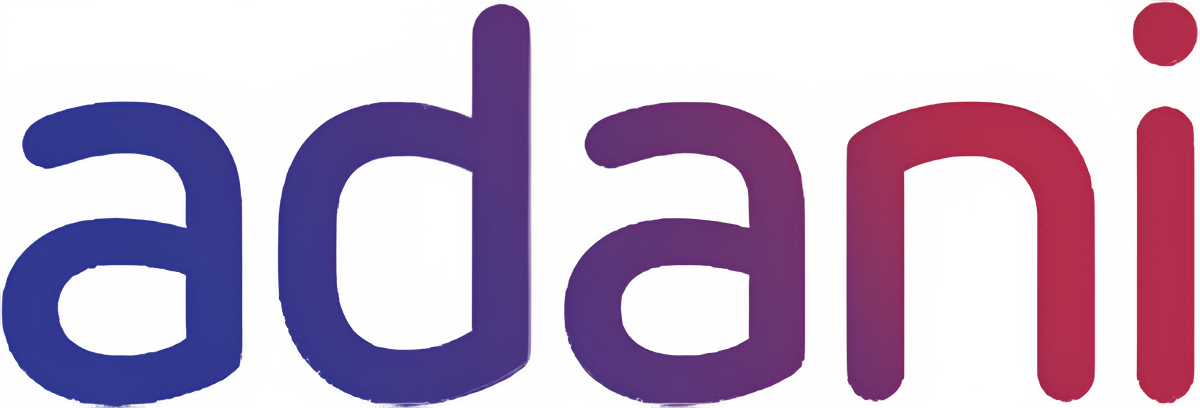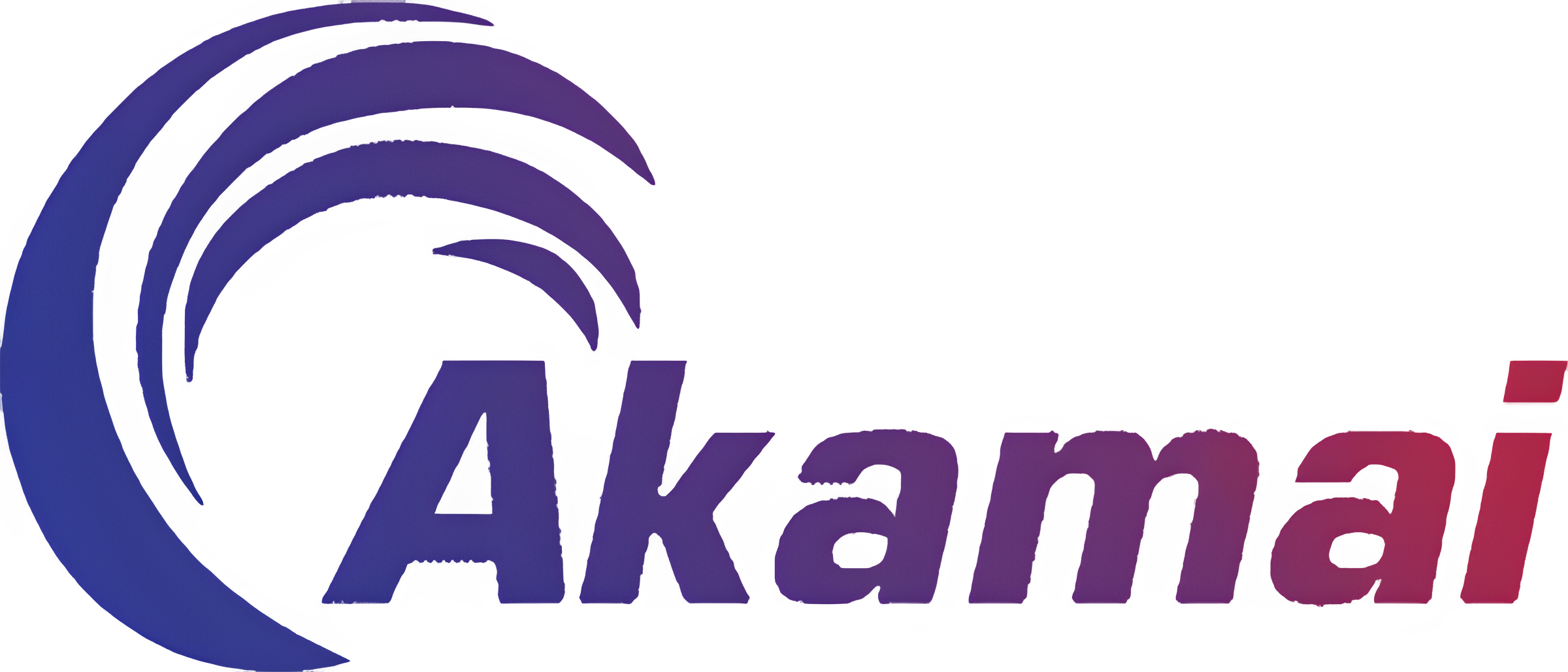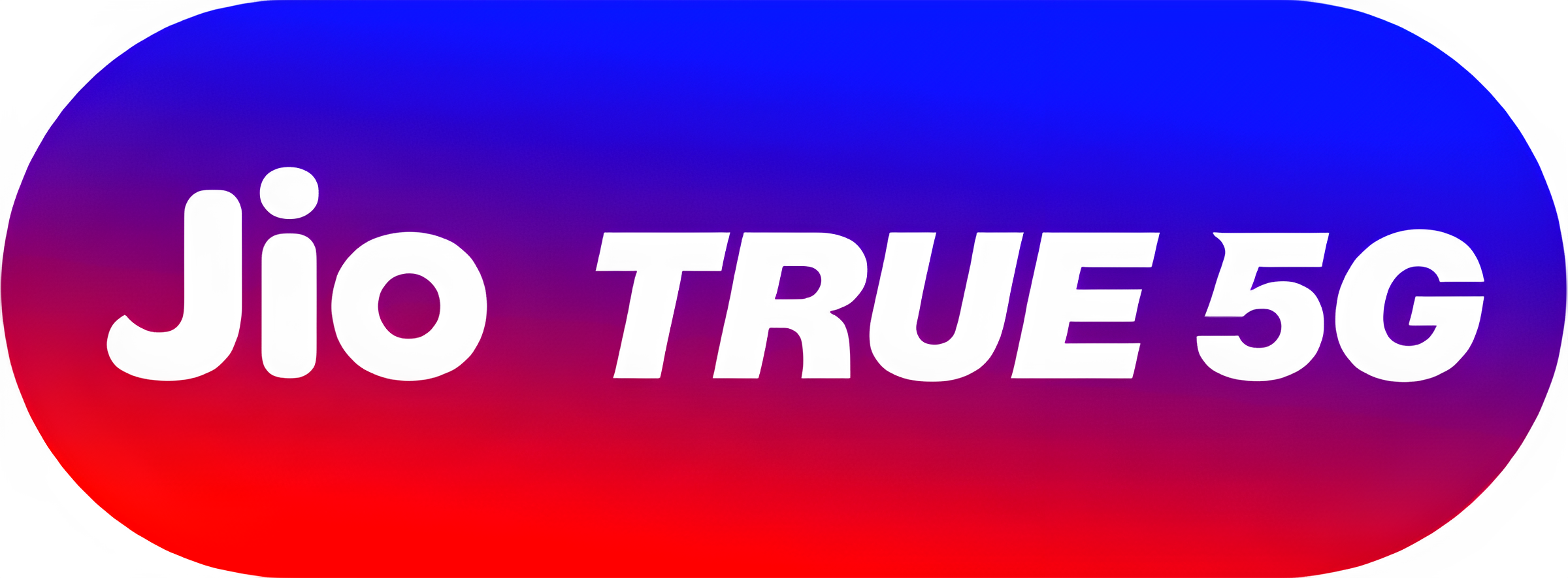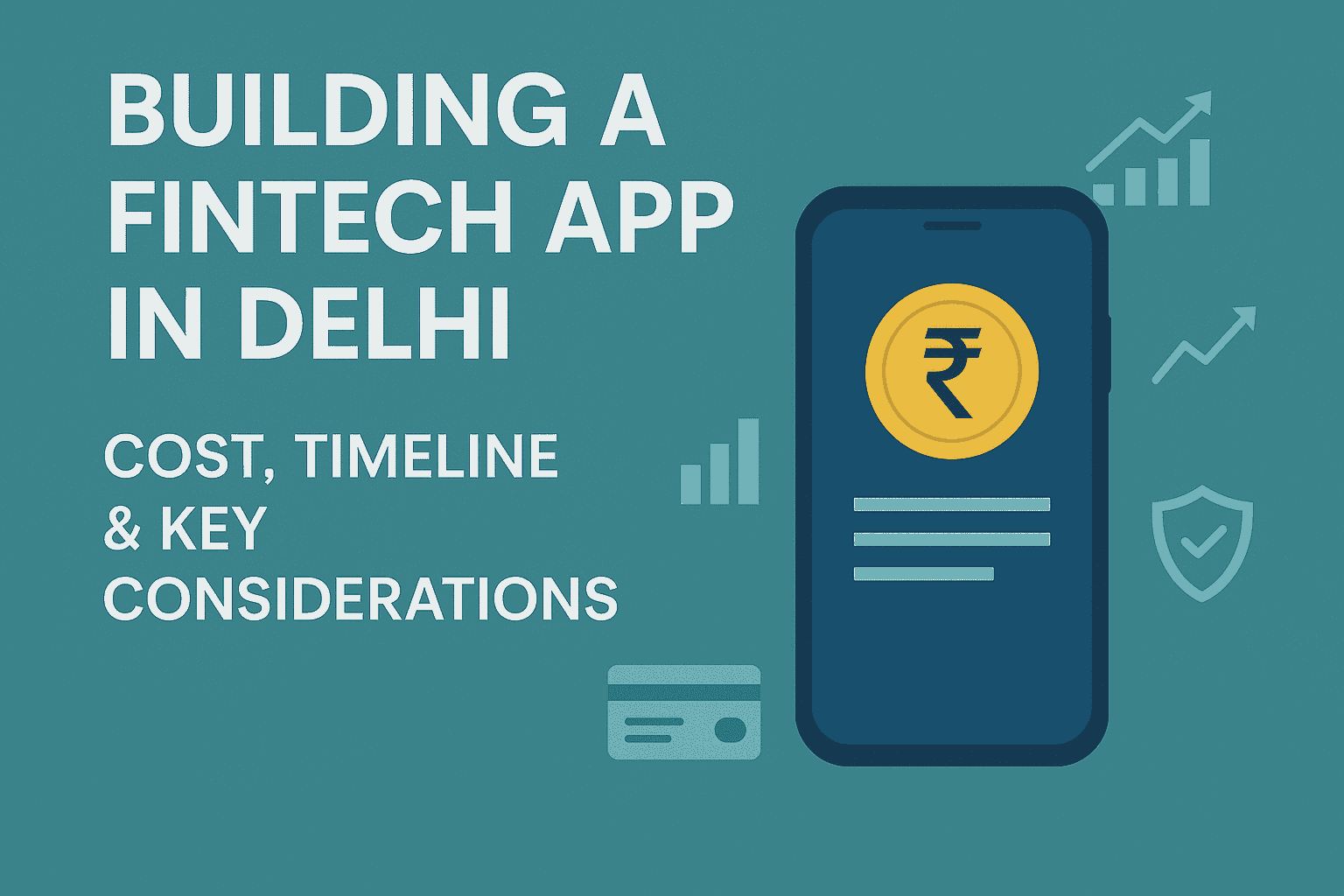Building a Fintech App in Delhi: Cost, Timeline & Key Considerations
The rise of digital banking and mobile payments has transformed India’s financial landscape, with fintech apps at the forefront of this revolution. In Delhi, the convergence of a burgeoning startup ecosystem and favorable government policies has fostered innovation in financial technology. Entrepreneurs aiming to launch a cutting-edge fintech solution must navigate multiple factors—cost structures, development timelines, regulatory compliance, and user experience—to deliver a secure, scalable product. As an affordable software development company in Delhi, Dinoustech Private Limited brings local expertise and global best practices to build robust fintech applications. This comprehensive guide outlines the investment, timeframes, and critical decisions involved in fintech app development.
The Fintech Opportunity in Delhi
Delhi’s digital economy is flourishing, driven by high smartphone penetration and a population receptive to online financial services. The Unified Payments Interface (UPI), mobile wallets, and neobanking services have gained widespread acceptance, creating fertile ground for niche fintech innovations, such as automated investment platforms, peer-to-peer lending, and micro-insurance. A fintech app development company in Delhi may serve clients nationally, but deep local knowledge of Delhi’s regulatory environment and consumer behaviour is essential for success. Dinoustech’s team combines insights from financial services veterans with technical acumen to craft applications that delight users and comply with Reserve Bank of India guidelines.
Core Cost Drivers for Fintech App Development
The total investment required to develop a fintech app in Delhi hinges on several interrelated factors. Feature complexity significantly impacts project scope: basic payment or wallet functions demand fewer development hours than advanced trading interfaces or AI-powered credit scoring engines. Integrating third-party APIs—such as payment gateways, Know Your Customer (KYC) services, or blockchain networks—introduces licensing fees and integration complexity. The choice between native mobile development and cross-platform frameworks influences hourly rates and code reuse efficiency; a mobile app development company in Delhi will advise on optimal trade-offs. Finally, infrastructure costs—cloud hosting, database management, and security certificates—represent ongoing operational expenses that compound the initial development budget.
Small-scale fintech apps with fundamental features might require an investment of ₹15 lakh to ₹30 lakh, encompassing design, development, and testing. Mid-tier solutions offering peer-to-peer transfers, in-app analytics, and basic compliance modules typically fall between ₹30 lakh and ₹60 lakh. High-end platforms integrating sophisticated AI models, extensive reporting dashboards, and multi-currency wallet support can exceed ₹1 crore. Working with an affordable software development company in Delhi allows startups to maximize value within constrained budgets, while larger enterprises often partner with a best web development company in Delhi for enterprise-grade solutions.
Designing a User‑Centric Financial Experience
User interface and experience are paramount in fintech applications, where trust and ease of use directly influence adoption rates. A best web designing company in Delhi collaborates closely with stakeholders to develop intuitive workflows for account creation, fund transfers, bill payments, and investment management. Design phases commence with user research and wireframing, ensuring that every screen—from the onboarding sequence to transaction confirmations—aligns with user expectations. High‑fidelity prototypes incorporate brand guidelines, color psychology for transaction states, and accessibility features to accommodate diverse demographics. By iterating design through user testing, Dinoustech refines navigation, minimizes cognitive load, and introduces visual cues—such as progress indicators and security badges—that reinforce user confidence.
Visual consistency across platforms is equally important. Whether users access the app on a basic Android phone or a high-end iOS device, responsive design principles guarantee a seamless experience. A mobile app development company in Delhi integrates design tokens and style guides into the development workflow, ensuring that UI components render uniformly and respond predictably to different screen sizes. Micro-interactions—such as haptic feedback on button presses or subtle animations during state transitions—elevate the user experience, making financial transactions feel smooth and reliable.
Backend Infrastructure and Scalability
The backbone of any fintech app is its backend architecture. A resilient, scalable infrastructure accommodates growth and ensures uninterrupted service. Dinoustech’s backend specialists design microservices-based architectures using Node.js or Python frameworks, containerized through Docker and managed by Kubernetes. This approach isolates functionality—user authentication, transaction processing, notification services—into discrete services that can scale independently based on load.
Persistent data storage uses relational databases such as PostgreSQL for transactional records, complemented by NoSQL stores like MongoDB for session management and caching layers with Redis to optimize read performance. Secure API gateways handle ingress traffic, enforce rate limiting, and provide auditing capabilities for regulatory compliance. Cloud providers—AWS, Azure, or Google Cloud—offer managed services for databases, load balancers, and message queues, reducing operational overhead. Dinoustech’s DevOps teams configure auto‑scaling policies that respond to usage spikes—such as salary disbursement days—maintaining sub-second response times even under heavy load.
Security, Compliance, and Data Protection
In fintech, security is non-negotiable. From the first line of code, best practices ensure data integrity and protect against unauthorized access. Dinoustech enforces end-to-end encryption (TLS/SSL) for data in transit and AES‑256 encryption at rest. Critical endpoints, such as fund transfers and KYC verification, require multifactor authentication (MFA) and biometric options where supported. Role-based access controls restrict internal user privileges, while audit trails record every access and modification for forensic analysis.
Compliance with regulations—RBI guidelines, PCI-DSS for card data, and upcoming Personal Data Protection Bill mandates—drives secure design decisions. Integration with government KYC APIs ensures real-time identity verification, reducing fraud risk. Periodic security audits and penetration tests, conducted by our software maintenance company in Delhi, detect vulnerabilities before malicious actors can exploit them. Regular dependency updates and patch management close known security gaps, while privacy policies and consent management comply with legal requirements, fostering user trust.
Development Timeline and Milestones
A typical fintech app development lifecycle unfolds over six to nine months, depending on complexity. The initial discovery and planning phase (4–6 weeks) defines requirements, documents architecture, and prioritizes core features. Design sprints (6–8 weeks) yield interactive prototypes and style guides. Core development (12–20 weeks) builds out frontend, backend, and integrations, while parallel QA cycles (8–12 weeks) validate functionality, performance, and security.
Key milestones include MVP delivery—typically within 4–6 months—allowing for early user feedback and iterative improvements. Beta releases to select user groups help fine-tune features before a full public launch. Post-launch, an initial monitoring window (2–4 weeks) addresses critical issues, followed by quarterly feature releases aligned with business objectives and regulatory updates. Dinoustech’s project managers maintain transparent schedules, tracking progress through Agile boards and ensuring timely delivery.
Post‑Launch Support and Maintenance
Unlike static websites, fintech apps require continuous maintenance to adapt to market changes, OS upgrades, and emerging security threats. A dedicated software maintenance company in Delhi provides 24/7 monitoring, incident response, and regular updates. Service Level Agreements (SLAs) define response times for critical bugs and priority enhancements. Monthly maintenance fees—typically 15–20% of the development cost—cover performance optimizations, compliance audits, and minor feature tweaks.
Analytics‑driven maintenance uses real user monitoring (RUM) tools to track crashes, latency, and user flows. Dinoustech’s support teams analyze these insights to recommend performance improvements and UX refinements, ensuring the app evolves in line with user needs and industry trends. This proactive approach minimizes downtime, enhances stability, and fosters long‑term user loyalty.
Choosing the Right Partner in Delhi
Selecting a development partner influences your project’s trajectory. Key considerations include domain expertise—experience with financial regulations, payment processing, and secure coding practices. Reviewing case studies helps gauge a partner’s ability to deliver complex fintech solutions. Qualities such as transparent communication, Agile methodologies, and post-launch support are equally critical.
Dinoustech Private Limited stands out as a comprehensive solution provider—combining capabilities as an affordable software development company in Delhi, an mobile app development, web development, and a best web designing company in Delhi. Our multidisciplinary teams collaborate closely with clients, offering tailored roadmaps that balance budget constraints with quality expectations. From architecture blueprints through deployment and ongoing maintenance, Dinoustech ensures your fintech app not only launches successfully but thrives in Delhi’s competitive market.
Building a fintech app in Delhi requires careful planning across multiple dimensions—cost estimation, design excellence, scalable infrastructure, stringent security, and robust maintenance. By understanding the factors driving budgets and timelines, entrepreneurs can align their investments with business goals. Partnering with a trusted fintech app development company in Delhi like Dinoustech Private Limited delivers local market insights and global engineering standards. Our holistic approach—encompassing affordable software development company in Delhi services and comprehensive post‑launch support—ensures your fintech application stands out, fosters user trust, and scales seamlessly as your business grows.

















